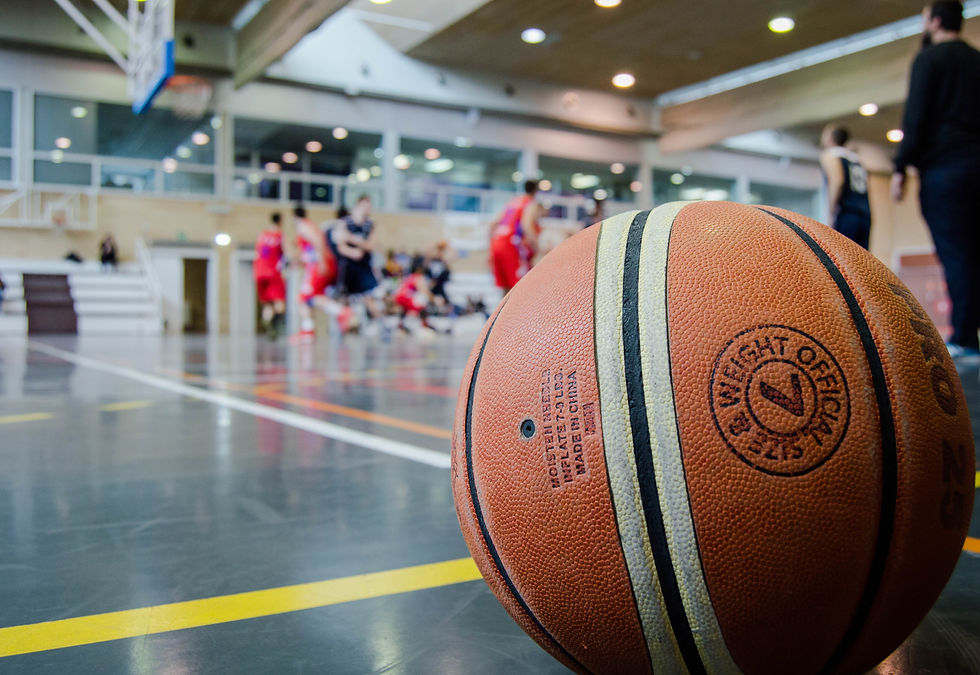Building Positive Relationships in Sports: The Coach's Role
- Manuel Narvaez
- Feb 3, 2024
- 3 min read
Updated: Feb 16, 2024
By Manuel Narvaez
As a coach, you are not only responsible for guiding your athletes towards success on the field but also for nurturing their emotional and mental well-being. One crucial aspect of this is developing positive relationships with your athletes. Why? Because such relationships can have a significant impact on their performance, motivation, and overall enjoyment of the sport.

One common issue that coaches face is dealing with athletes who feel that their coach doesn't like them. This sentiment can stem from various reasons, such as lack of playing time, perceived favoritism towards other players, or simply feeling excluded from team dynamics. Regardless of the reason, it's crucial for coaches to address this issue proactively and develop positive relationships with their athletes.
Here are some tips for coaches to build positive relationships with their athletes:
1. Understand their motivation: Every athlete has a unique reason for participating in sports. Some may be driven by a desire to win, while others may seek social connections or personal growth. As a coach, it's essential to understand your athletes' motivations and align your coaching style accordingly.
2. Communicate effectively: Effective communication is critical for building positive relationships. Be approachable, listen actively, and provide constructive feedback. Ensure that your athletes understand your expectations and provide them with clear guidelines on how to improve their performance.

3. Create a positive team culture: A positive team culture fosters positive relationships among athletes. Encourage teamwork, respect, and inclusivity. Organize team-building activities and provide opportunities for athletes to bond with each other.
4. Show empathy: Empathy is the ability to understand and share the feelings of others. As a coach, it's essential to show empathy towards your athletes and understand their emotions, both on and off the field.
5. Be fair and consistent: Fairness and consistency are essential for building trust and respect among athletes. Ensure that all players are evaluated based on their performance and merit, and avoid showing favoritism towards any particular player.
Building positive relationships with your athletes requires effort and dedication from the coach. However, the benefits of such relationships are significant. Positive relationships can lead to increased motivation, improved performance, and a sense of belonging among athletes. As a coach, it's your responsibility to create a positive and supportive environment for your athletes, both on and off the field.
Coaching is a challenging profession that requires a great deal of skill and adaptability. A coach must manage the playing time of the athletes under their supervision while ensuring that each player is treated consistently and that performance levels are consistently high. Additionally, communication with players is essential, so coaches must know when to push and when to ease up.

However, it's not uncommon for coaches to face challenges in managing playing time, communication, and coaching techniques. For example, a coach may struggle with balancing playing time among the team members, leading to player frustration. Or they may find it difficult to determine when to push their players beyond their limits, resulting in a lack of motivation or even injuries.
To overcome these challenges, coaches must continually refine their coaching techniques and communication skills. They can also seek advice and support from experienced coaches, attend coaching clinics, and read coaching books and articles.

Ultimately, coaching is about helping players reach their full potential, both on and off the field. With the right approach and mindset, coaches can overcome challenges and create a positive and supportive environment for their team.
Do you enjoy reading the articles? If so, your generous donation can help me support the community and create more resources and publications. Your contribution will help me continue the work I do and make a positive impact on the lives of others. Thank you for your support!
Remember to subscribe, like, and comment on articles. Share ideas for new content and I will develop.
Commentaires